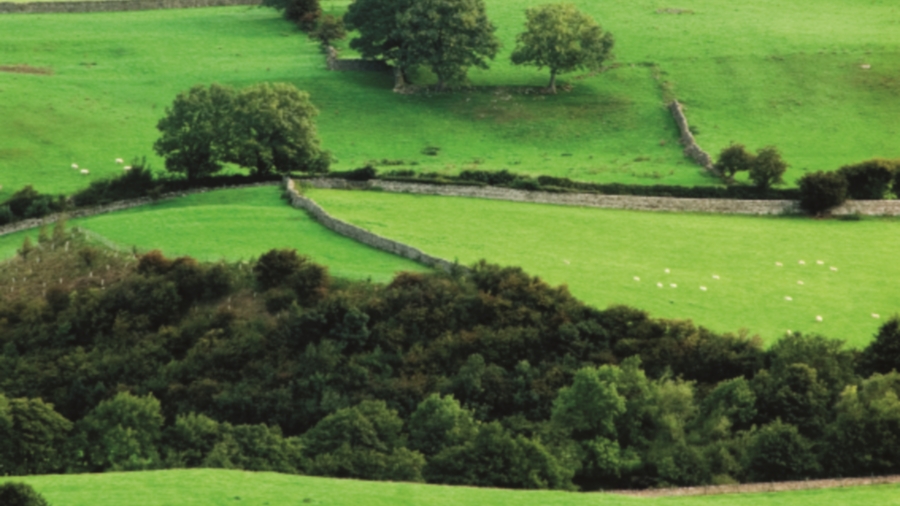Broadband won't be coming to remote parts of UK – unless you ask for it
Lots remains unclear concerning the government's Universal Service Obligation

There has been some controversy caused by the government's announcement that it is not planning to automatically hook up remote rural parts of the UK with broadband deals.
Rather than rolling out broadband by default to the so-called final 5% – the most remote parts of the country which are expensive to service with broadband infrastructure – the government has said that homes and businesses in these areas will need to request internet connections.
As the BBC reports, the government noted the high cost of connecting remote areas with broadband, and observed that: "We know from the various interventions that the government has made to date that it is unlikely that everyone will want to be connected, even if that option is made available to them, and so we do not believe that an additional broadband rollout programme at this time is proportionate or would represent value for money."
And it's likely to be four years (2020) before those in such areas will be able to request broadband coverage.
Some angry shots have been fired at the government complaining that once again those in remote areas are getting the short end of the stick, but the government insist that it's "absolute nonsense to suggest we're leaving rural areas behind in our rollout of broadband", saying that the Universal Service Obligation will make sure nobody is left out.
Funding questions
However, exactly how expensive connections to difficult areas will be funded and implemented remains unclear – and there is some suggestion that the consumer or business will have to contribute towards the cost, as is the case with telephone lines.
As the government mentions in its Broadband USO Consultation document: "Under its voice telephony USO BT is required to provide, on reasonable request, a range of basic telephone services; but it is not without cost to the consumer. The consumer pays for the first £130 of the costs involved, while BT pays up to a threshold of £3,400. Any further costs are payable by the consumer."
Sign up to the TechRadar Pro newsletter to get all the top news, opinion, features and guidance your business needs to succeed!
Meanwhile, BT is pushing ahead with extending ultrafast broadband using G.fast technology for connections of up to 300Mbps or faster, and the telecoms giant has said it wants to ensure 95% coverage of the UK for both superfast fixed broadband and 4G by 2020.
Mobile broadband could be another option for those in remote areas rather than fixed broadband, and failing that, satellite broadband is another choice too.
Darren is a freelancer writing news and features for TechRadar (and occasionally T3) across a broad range of computing topics including CPUs, GPUs, various other hardware, VPNs, antivirus and more. He has written about tech for the best part of three decades, and writes books in his spare time (his debut novel - 'I Know What You Did Last Supper' - was published by Hachette UK in 2013).